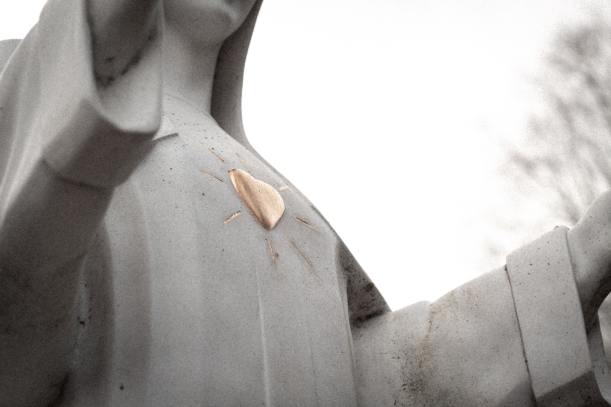Reading: Matthew 5:17-20
Matthew 5:19b – “But whoever keeps these commands and teaches others to keep them will be called great in the kingdom of heaven.”

Turning to verses 17-20 today, Jesus connects being salt and light to fulfilling the words of the Law and the prophets. Jesus came as God in the flesh, as one who would model God’s heart being lived out in the world. In Jesus’ words and actions, we see the depth and breadth of God’s love, mercy, and grace. To get an idea of how Jesus teaches us to fulfill the Law, read the rest of chapter 5.
Returning to today’s reading, Jesus then declares that those who ignore God’s heart and who teach others to do the same, they will be “the lowest in the kingdom of heaven.” Later in our passage, we see that Jesus is speaking of the overtly religious of his day. The Pharisees and legal experts knew the letter of the Law inside out. The living out of the heart of the Law was where they struggled. In the context of yesterday’s reading, they knew what it meant to be salt and light, but they were not being salt and light.
Jesus then proclaims, “But whoever keeps these commands and teaches others to keep them will be called great in the kingdom of heaven.” To keep the heart of God as one’s guide in all of life, this is our call. We teach best by example. That was Jesus’ model. The Law is centered on love – God’s love for all of us, our love for God, our love for neighbor. It is love that guides us and leads us to be people of mercy, grace, forgiveness, hope, repentance, generosity, justice, humility… This is the righteousness that Jesus describes. It is the righteousness that God calls us to. May we answer the call every day.
Prayer: Lord God, help us to not just be hearers but also doers. Yes, we know we are to love you and to love neighbor. Move us beyond our head knowledge, out into the world. Shape and form us to be people who love practically and tangibly, who practice grace and forgiveness in every opportunity. Use us to restore broken relationships and to redeem unjust practices and systems. In these ways, may your righteousness and glory be revealed to the world. Amen.









